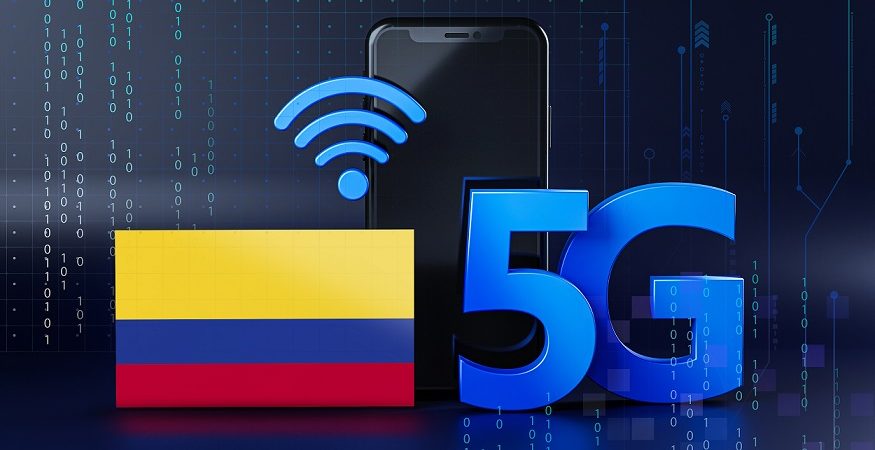The future of 5G in Colombia has enormous potential. Its technology could increase the competitiveness and productivity of the regions, in addition to generating more employment.
In Colombia, the Ministry of Information Technologies and Communications adopted a public policy in 2019 containing the actions needed to implement 5G in the country.
Among the actions taken are regulatory modifications to facilitate access to spectrum for technical testing, the transition plan for new technologies, the revision of regulatory conditions for 5G entry and the development of 50 5G pilots that have been approved so far for six companies in eight cities.
In June last year, the ministry launched a public consultation on the progress of 5G development in Colombia, with a 16-question questionnaire to understand the perceptions of the industry, academia and citizens regarding the impending development of 5G.
What to expect
Overall, 5G is the fifth generation of mobile networks, designed to meet society’s increased data flow and need for connectivity.
These networks enable a significant increase in the amount of data transmitted over wireless systems thanks to higher bandwidth and advanced antenna technology.
The most significant advance of 5G networks is the speed that allows instant connectivity to millions of devices and the ability to share information.
Lorenzo Villegas-Carrasquilla, Managing Partner, CMS Rodriguez-Azuero, said: “As is often the case with new technologies, lack of knowledge often leads to fears and myths surrounding them. In the case of 5G, among the most recurring myths are the health risks related to signals from this technology. Among them are myths such as 5G causes cancer, helps transmit the Coronavirus by weakening our immune system and produces changes in DNA, among others.
“Often these untruths arise from beliefs about the radiation emitted by the antennas, as there is no complete scientific evidence that they cause damaging health effects,” said Villegas-Carrasquilla.
Other myths are related to security issues and attributed to 5G privacy risks that facilitate spying.
While it is true that 5G opens the door to new cyberattacks, this happens with any new technology, not just 5G, which means new security challenges for businesses.
Benefits
On the other hand, we have to consider the benefits that the implementation of 5G will bring. The main one for users will be the increase in speed, as it is estimated that 5G will allow browsing up to 10 times faster than some fiber optic offers on the market.
It means that a whole movie could be downloaded in seconds due to the speed of the networks, for example. Likewise, this increased speed will allow connectivity to be integrated with the economy’s production processes, making it a production tool with significantly high-value generation potential.
It will enable the enhancement of emerging technologies such as the Internet of Things (IoT), Artificial Intelligence (AI) and cloud services, among others.
Another advantage of 5G networks is lower latency. It refers to the network’s ability to respond to user requests, as the lower the latency, the greater the network’s ability to send information quickly from one point to another.
Also, 5G networks will ensure better connectivity for many devices in one place. The estimate is one million connected devices per square kilometer, compared to 10,000 devices with 4G, and it will enable a better signal in crowds.
“The future of 5G in Colombia has enormous potential, as this technology would increase the competitiveness and productivity of the regions and generate more jobs. For its development in the country, a more agile infrastructure deployment is expected, along with radio spectrum management and planning, which should have a legal framework that encourages investments. Likewise, these advances will lead to security and privacy-oriented regulation of services and applications, focused on the quality of services and users’ rights,” added Villegas-Carrasquilla.


